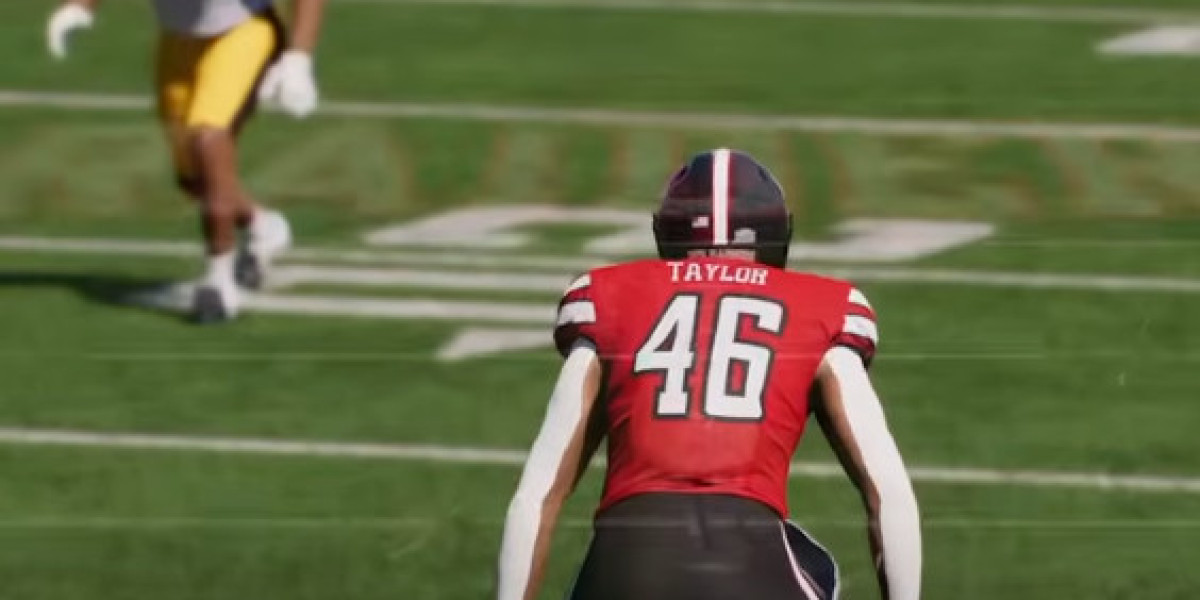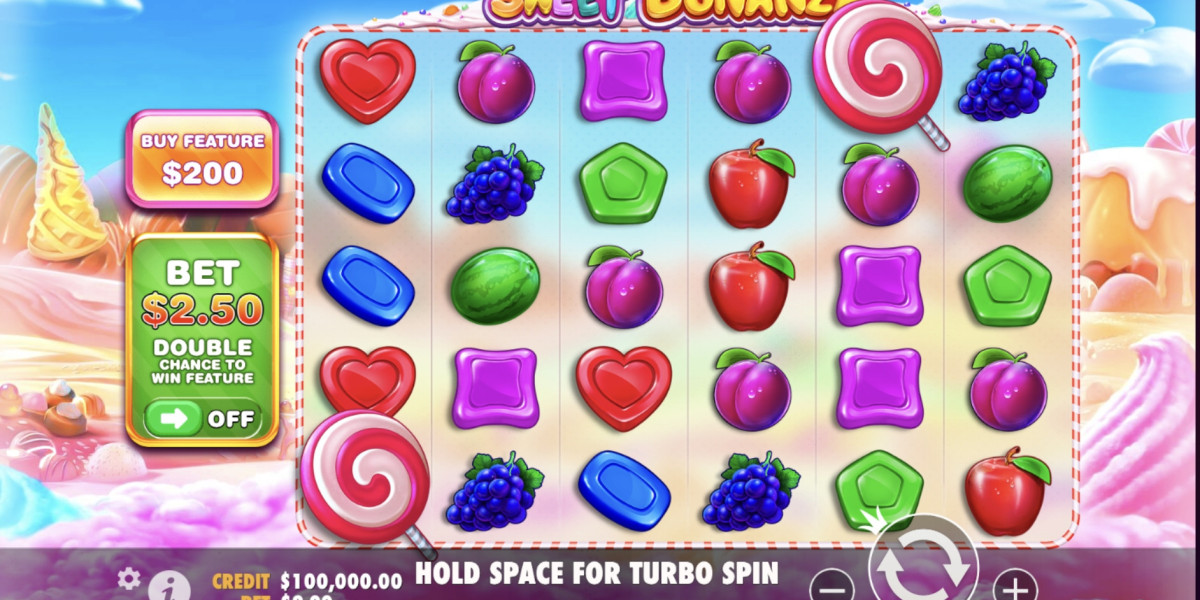Parenting is full of surprises—some sweet, some scary. Few moments are more alarming than seeing your child run up to you with tears in their eyes and a wobbly tooth that wasn’t loose five minutes ago. Whether it was from a fall, a sports injury, or a playground tumble, a knocked-out tooth can send any parent into panic mode.
But before you lose your cool, take a deep breath. Acting quickly and calmly can make a significant difference in the outcome of your child’s dental health. If you're in High Wycombe, you’re in a great position to access emergency dental services and oral health support when it matters most.
In this guide, we’ll walk you through exactly what to do when your child’s tooth is knocked loose, how to distinguish between a baby tooth and an adult tooth, and when it’s time to seek professional help.
What Causes a Tooth to Be Knocked Loose?
Loose teeth in children can occur for various reasons, including:
- Falls and Accidents: Common during play or sports.
- Facial Trauma: From bikes, balls, or even doors.
- Underlying Dental Issues: Gum disease or cavities can weaken tooth support.
- Orthodontic Adjustments: Occasionally, braces or aligners may cause discomfort or looseness.
While it’s completely normal for baby teeth to loosen and fall out naturally, an unexpected loosening—especially with bleeding or pain—calls for closer attention.
Step-by-Step Guide: What to Do Immediately
1. Stay Calm
Your reaction sets the tone. Panicking may scare your child even more. Keep your voice steady and reassure them that you’re there to help.
2. Assess the Situation
Examine the tooth and the surrounding area. Is the tooth a baby tooth or a permanent one? Is it hanging by a thread, slightly loose, or visibly out of alignment?
3. Control Any Bleeding
Have your child gently bite down on a clean piece of gauze or cloth. Most minor dental injuries will stop bleeding within 10 minutes.
4. Apply a Cold Compress
If there’s swelling, gently place a cold pack on the outside of the cheek for 10–15 minutes.
5. Avoid Moving the Tooth
Don’t try to wiggle the tooth or push it back into place. You could do more harm than good.
Baby Tooth vs. Adult Tooth: Why It Matters
Distinguishing between a baby tooth and a permanent one is crucial for determining urgency.
- Baby Teeth: These may loosen and fall out without major concern, though dental guidance is still advised after trauma.
- Permanent Teeth: These require immediate professional assessment, even if the tooth seems stable.
If you're unsure which type of tooth it is, a dentist can quickly confirm it with an X-ray.
When to Seek Emergency Dental Care
If you notice any of the following, don’t delay—contact an emergency dentist in High Wycombe right away:
- Excessive bleeding that doesn’t stop
- Severe tooth misalignment
- Obvious tooth fracture or cracks
- Swelling or signs of infection
- Difficulty eating or closing the mouth
- Loss of consciousness or head trauma (call 999)
Immediate intervention could mean the difference between saving and losing a permanent tooth.
Emergency Dental Services in High Wycombe
High Wycombe is home to reputable dental professionals equipped to handle sudden oral injuries. An emergency dentist in High Wycombe can offer:
- Emergency X-rays
- Tooth splinting
- Pain relief
- Assessment for long-term damage
- Follow-up treatments to restore function
Make sure to call ahead to confirm availability and bring your child’s dental records if you have them.
Aftercare Tips for a Knocked Loose Tooth
Once you've seen a dentist, proper aftercare helps promote healing and prevents complications.
1. Soft Diet
Stick to soft foods like mashed potatoes, yogurt, and soups for a few days. Avoid anything crunchy or sticky.
2. Pain Management
Use children’s ibuprofen or acetaminophen as advised by your dentist or pharmacist.
3. Gentle Oral Hygiene
Have your child rinse with warm salt water and brush gently around the affected area.
4. Monitor for Changes
Watch for increased mobility, swelling, or color changes in the tooth or gums. These can indicate infection or damage to the root.
The Importance of Ongoing Oral Hygiene
Trauma isn’t the only reason teeth can loosen—poor oral hygiene can also weaken the supporting structures of teeth over time. Regular visits to a hygienist in High Wycombe can:
- Prevent gum disease
- Remove harmful plaque buildup
- Catch early signs of decay or enamel erosion
- Support healthy development in growing mouths
Hygienists play a crucial role in your child’s oral wellness, especially after any injury. A post-incident cleaning and evaluation may be recommended a few weeks after the initial emergency visit.
Preparing for the Unexpected
Children are naturally adventurous, and accidents happen. While you can’t always prevent a fall, you can be prepared:
- Invest in Mouthguards: Especially for kids in contact sports.
- Childproof Your Home: Cushion sharp corners and remove tripping hazards.
- Teach Safe Habits: Encourage your child to play safely and avoid putting hard objects in their mouths.
- Know Your Providers: Keep the contact information of your local emergency dentist handy.
Talking to Your Child About Dental Emergencies
Dental injuries can be traumatic for children. Here’s how to support them emotionally:
- Stay Positive: Focus on the fact that they’re safe and help is on the way.
- Let Them Express Feelings: Validate their fear or embarrassment.
- Normalise the Experience: Share stories (real or fictional) about others who have had dental injuries and recovered.
- Celebrate Their Bravery: A small reward or treat after a successful dental visit can reinforce positive behaviour.
Conclusion
When your child’s tooth is knocked loose, staying calm and acting promptly ensures the best possible outcome. Remember, the sooner you consult a dental professional, the better the chances of preserving your child’s oral health. High Wycombe offers reliable dental support to help your family through these unexpected challenges. For peace of mind and expert care during a dental emergency, trust the dedicated professionals at EDA Group to guide you every step of the way.








